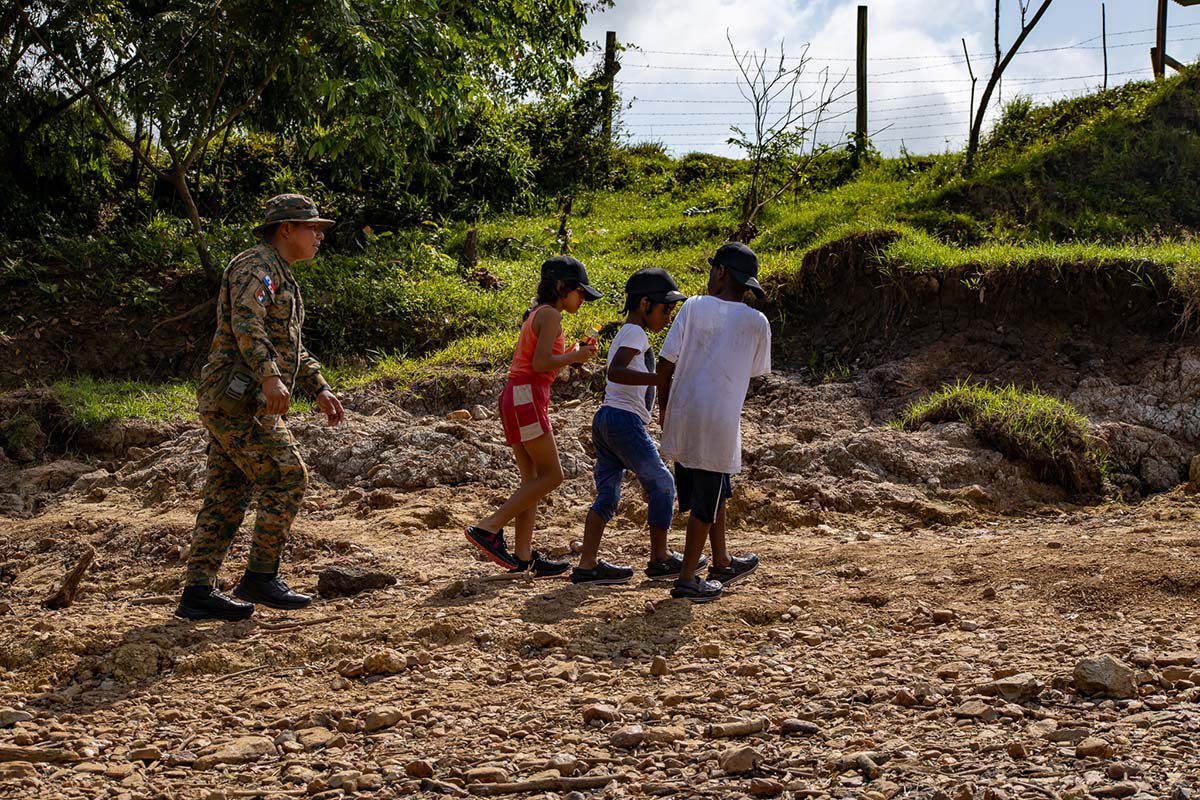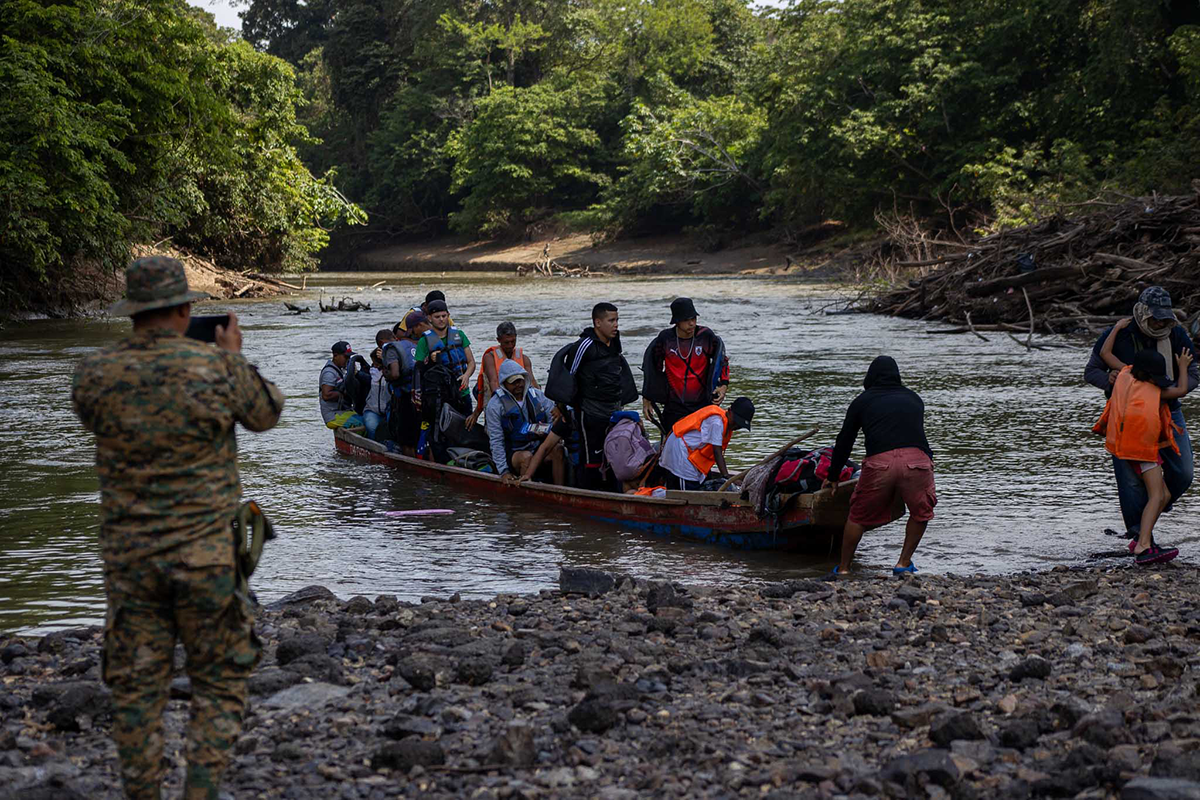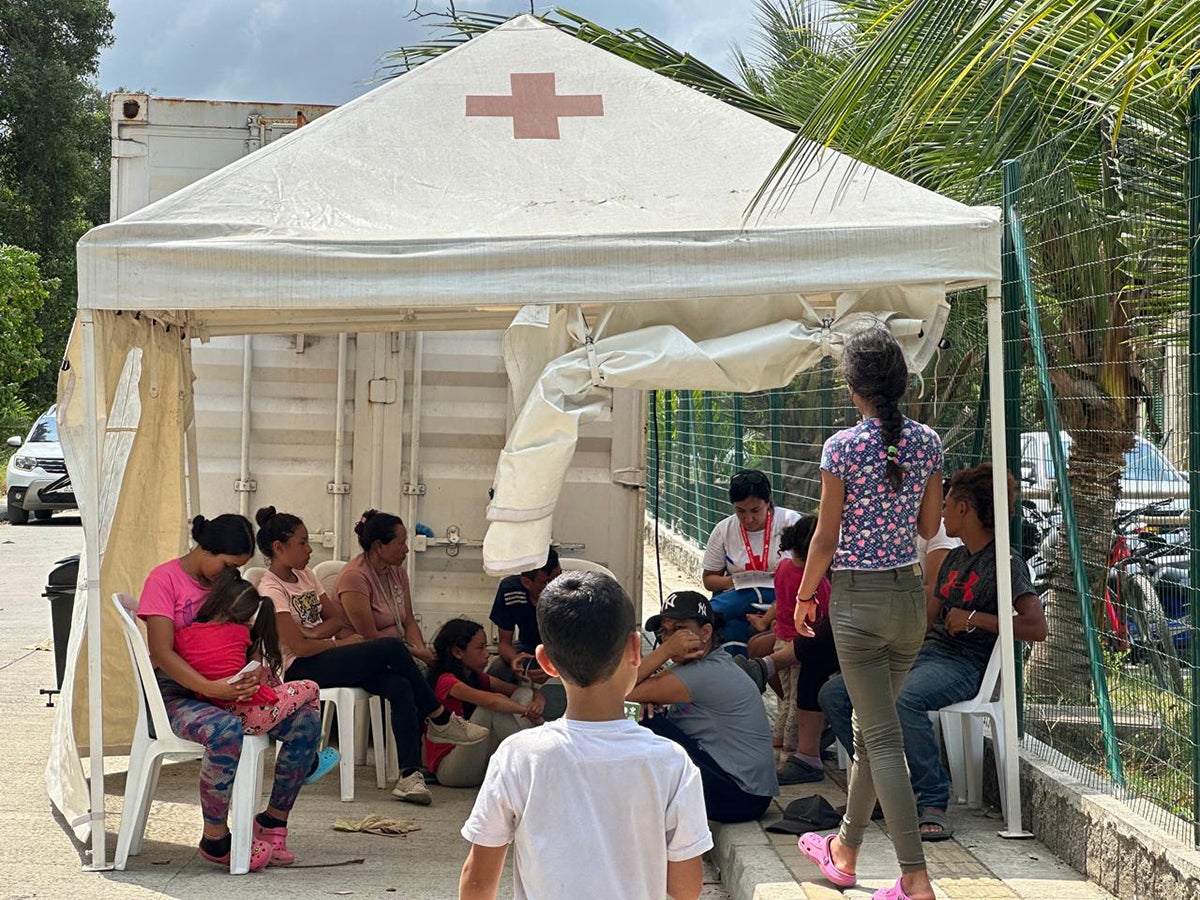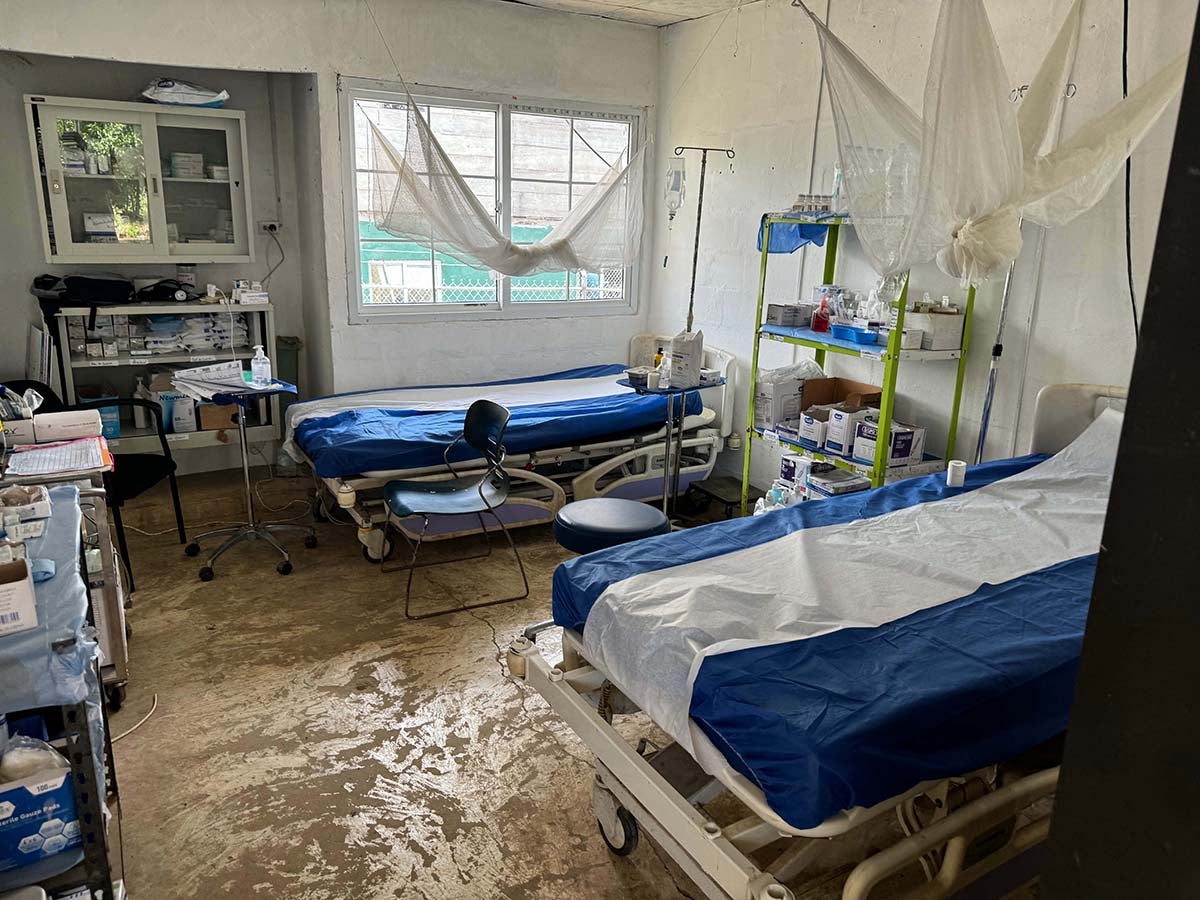Based on the experience acquired through implementing actions within the framework of the inter-country cooperation project for health development, and based on the results detailed in this report on health and migration in the Darien region, a series of recommendations have been developed, together with the cross-border health round table. These recommendations are fundamental to strengthening the health response in this region. They are designed to comprehensively address the challenges identified, with a focus on improving equitable access to health services, strengthening local capacities, and promoting inclusive policies that safeguard the health and rights of the migrant population.
This report presents a detailed analysis and recommended strategies aimed at contributing to a coordinated and effective approach that addresses the urgent and emerging needs related to migration in the Darien region. They include the following:
- Strengthen inter-country coordination and partnerships to achieve a better aligned and timely response to specific health situations that arise in the migrant population in transit.
- Improve access to health services for the migrant population in transit, as well as for the host population in the territories that migrants pass through. Such services should be offered with a gender, life course, disability, ethnicity, and human rights approach.
- Strengthen health surveillance and information management in accordance with the International Health Regulations.
- Strengthen both institutional and community-based capacities, in coordination with development efforts, in order to prevent avoidable morbidity and mortality.
- Support countries in formulating and strengthening policies, programs, and legal frameworks that promote efforts to address the health issues of different migratory profiles (in transit, long-term, returning, and pendular).
- Help to create plans with participating stakeholders (governments, cooperation agencies, civil society, and academia) that promote preparedness, response, and recovery in the face of migratory crises.



